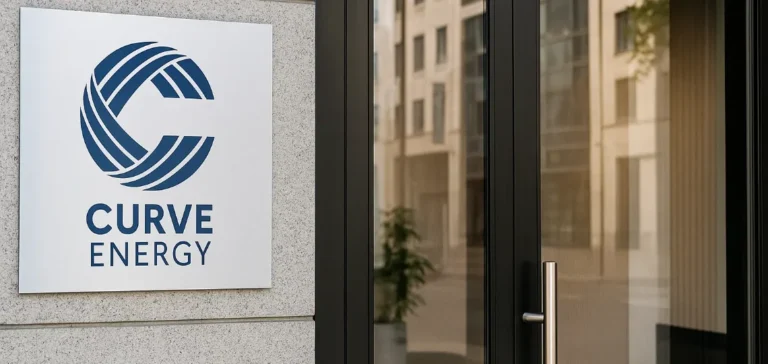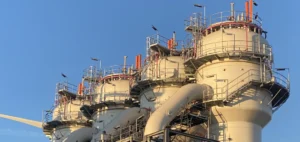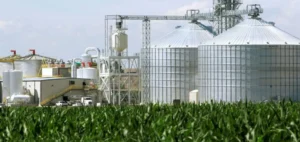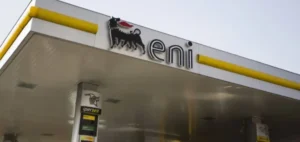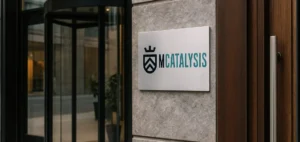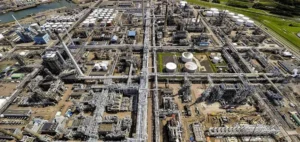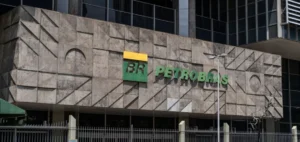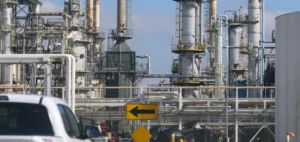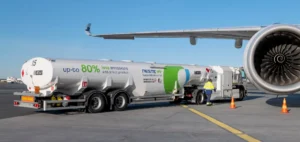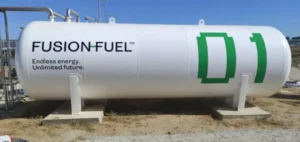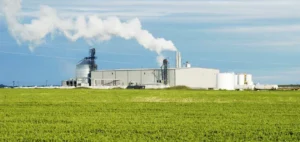The Canadian company Curve Energy Corp. announced, through its Singaporean subsidiary Curve Energy Pte Ltd, the signing of a Non-Disclosure Agreement (NDA) with Saudi Aramco Technologies Company, the technological subsidiary of Saudi Arabian Oil Company (Saudi Aramco). This agreement aims to formalize ongoing exchanges and frame the confidentiality of technical discussions between the two entities. No financial details have been disclosed regarding this preliminary partnership, nor the expected duration of this potential collaboration. Curve Energy Corp. confirmed the information in a statement published by CNW Group on July 2.
Patented desulfurization technology
Curve Energy Corp. specializes in advanced green chemical technologies for the global marine fuel industry. Its patented process enables desulfurization under near-ambient conditions, converting Heavy Fuel Oil (HSFO) into Very Low Sulfur Fuel Oil (VLSFO). According to the company, this process eliminates the need to use hydrogen produced by Steam Methane Reforming (SMR), typically energy-intensive with a high carbon footprint. The company also specifies that its technological innovation avoids the use of blended fuels or exhaust gas cleaning systems (scrubbers), commonly adopted to meet stringent international standards on pollutant emissions.
According to the company, the technical solution developed by Curve Energy additionally has the capacity to reduce other common maritime pollutants, including nitrogen oxides (NOx) and vanadium pentoxide (V₂O₅). This characteristic aligns with an intention to anticipate future environmental regulations, increasingly demanding regarding multi-pollutant emissions from merchant and industrial ships. However, the company has not revealed precise quantitative results from internal tests carried out with this technology, nor communicated specific commercial timelines or objectives for its global market deployment.
A strategic market for Saudi Aramco
Saudi Aramco Technologies Company is a technological research and development entity of Saudi Aramco, the world’s largest exporter of crude oil. Its mission is to develop strategic technological innovations to support the various industrial activities of its parent company, particularly in downstream segments (refining, petrochemicals) and maritime. The agreement signed with Curve Energy highlights the growing interest of major global oil players in technological solutions aimed at improving the environmental quality of hydrocarbon-derived products. However, Saudi Aramco has not publicly commented on the precise content or potential scope of projects resulting from these preliminary discussions with Curve Energy Corp.
In an international maritime regulatory context marked by increasingly strict standards on pollutant emissions, technologies allowing the production of marine fuels with low environmental impact attract increased attention from the oil industry. The VLSFO market represents a significant commercial stake on a global scale, with growing demand driven by regulatory requirements defined notably by the International Maritime Organization (IMO).


